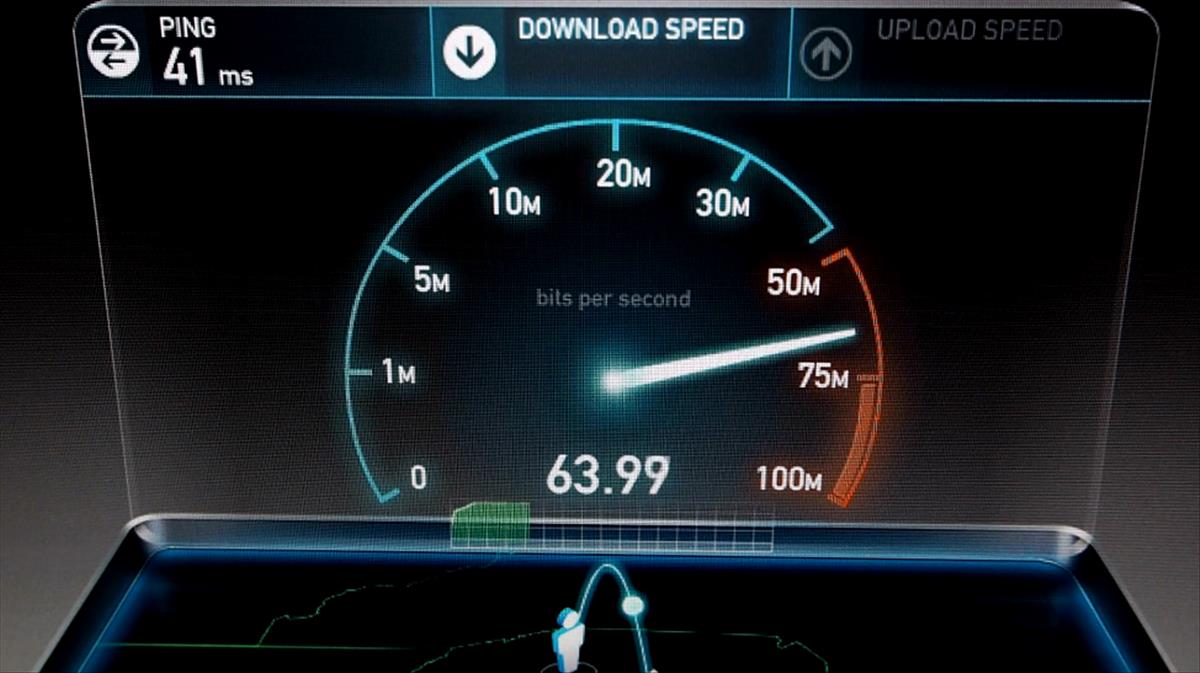UN Secretary-General António Guterres has announced the names of the ten members of a new leadership group for the Internet Governance Forum (IGF). The so-called IGF Leadership Panel (IGF LP) is less “leading” than building bridges between the IGF and decision-making bodies inside and outside the UN. The new body includes familiar faces like “Internet Father” and Google evangelist Vinton Cerf, but also newcomers to the field of Internet governance like Philippine Nobel Peace Prize winner and journalist Maria Ressa.
Two representatives with ministerial rank and two CEOs or directors from business, technology, civil society and society as such were to be appointed. The ministers come with Alkesh Kumar Sharma and Karoline Edtstadler from India and Austria. The Indian Minister for Electronics and Information Technology and the Constitutional Minister, who was appointed by Chancellor Kurz, have not been active in the UN IGF, which was founded in 2006.
Lots of newbies
The two representatives of civil society are also newcomers: Ressa and the Nigerian activist Gbenga Sesan, head of the Paradigm Initiative. The CEO of Etisalat, the Emirati state-owned Internet provider, Hatem Dowidar, and the newly appointed chairwoman of the International Chamber of Commerce, the Mexican Maria Fernanda Garza, are responsible for business at the IGF LP. Another Telco representative is Lise Fuhr, Director General of the Association of European Telcos.
Finally, the new leadership council is completed by former Estonian President Toomas Ilves, Mister State Digitization, and the head of Schwarzman College at Tsinghua University, Lan Xue.
The triad of current IGF hosts (Poland, Ethiopia, Japan) will also be present ex officio, as well as the Chair of the IGF Program Committee (MAG) and the “UN Tech Ambassador” recently appointed by Guterres.
Effective mix?
Wolfgang Kleinwächter, Germany’s most experienced expert for internet governance, calls the selection a “good mix”. The bringing together of personalities from different spheres could make the findings and recommendations developed in the IGF more visible and “link the negotiation level with the decision-making level”. However, the success of the new structure is anything but guaranteed. A lot depends on whether the new body can find a common language and activate a functioning “machine room” so that something can move multilaterally.
Former MAG chairwoman Anriette Esterhuysen is skeptical about these chances of success. The South African would have liked Africa and South America to be more strongly represented. “It won’t be easy to get the African governments on board like this,” fears Esterhuysen. The long-time chairwoman of the Association for Progressive Communication is also not convinced by Guterre’s attempt to solve the multilateralism crisis, which is also visible in Internet politics, through ever new bodies.
Instead, what is needed is a better meshing of classic multilateralism and more inclusive multi-stakeholder processes, she says. Instead of a new body around the IGF, filling the permanently vacant post of Executive Director would be a good step, according to Esterhuysen.
competitive events en masse
For the global IGF’s traction is dwindling in the face of global tensions. Internet governance forums are being set up on both sides of the digital iron curtain. In the spring, the USA, together with the EU, established a new group of states around the declaration on the future of the internet. China responded by announcing it would expand its Wuzhen Internet Conference into a global governance forum. It remains to be seen whether the IGF will manage to act as a bridging station.
(mho)







